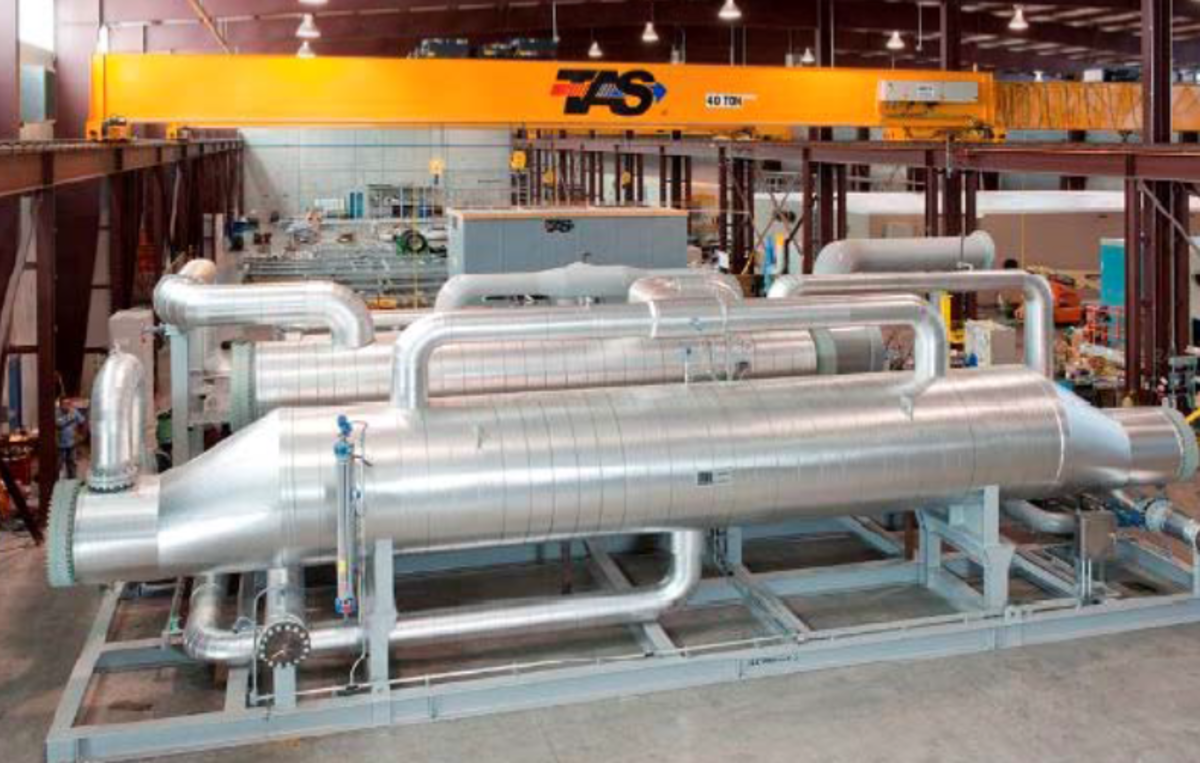Difference between Natural Gas and Electric Heating Systems
At the beginning of every heating season homeowners often question if their home heating choice is the least expensive and efficient with the discussion often focused on electric or natural gas. There are a few things to consider when making the choice as one may be better for your individual circumstance over the other and, in some instances, a combination of the two may be more economical.
With different types of heat available, radiant, forced air or heat pump, each will require energy and both can be fired by gas or electric. The price of the energy, which can vary regionally, will help make the decision easier, as well as the size of the home being heated. However, the cost is only part of the equation and individual comfort demands can also come into play.
Heat is measured by the British Thermal Unit (BTU), which is the amount of energy required to raise the temperature of one pound of water one degree Fahrenheit. One cubic foot of natural gas provides enough energy to produce about 1,050 BTU, depending on the quality of the gas used and one kilowatt of electricity produces the equivalent of about 3,400 BTU. However, since you’re looking into the most reliable and cost-effective means of heating your home, a heating contractor can help you determine the size furnace you will need.
First look at a forced air natural gas furnace, designed to heat the entire home. The efficiency of gas furnaces is typically about 80 percent and the cost of the gas, usually billed by the thousand cubic feet, can help you calculate the cost to heat your home. A thermostat determines when the home in the area near the thermostat reaches the temperature at which the furnace turns on, followed by the blower that forces air through the house to warm it to the pre-set temperature.
Radiant heat involves heating units installed throughout the home, usually as baseboard units, and can be electric or hot water. The electric baseboard heat is quiet and clean and does not blow air throughout the home. The same can be said for hot water heat, but this type has what is called a boiler that uses electric or gas to heat the water. Hot water radiant heat is moved through the pipes in each room, controlled by a zone valve which is operated by a thermostat much the same way the gas furnace is controlled. The size of the boiler can be calculated by your heating contractor for ultimate efficiency.
Aside from the cost of the energy, the main difference between gas and electric heat will be that with electric heat there is no need to duct work in the home and no fan blowing air around, along with dust and other air particles. It also takes longer for the radiant heat to provide any noticeable increase in temperature while with a forced air gas furnace the increase is faster and immediately obvious.
However, on the downside, in most regions the cost of electricity is higher than natural gas. Those with a gas furnace have been able to close ducts to individual rooms in which heat is not required throughout the day and use electric space heaters to raise the comfort level when sleeping, in order to lower the cost of heating rooms that are not used consistently throughout the day.
- Heating Installation and Repair
Reliable and respected, Air Treatment Inc specializes in residential and commercial installation, service, and repair of heating and air conditioning equipment. - 5 Energy Saving Tips for the Kitchen
Use these 5 energy saving tips for the kitchen, in order to cut costs, and save money. - Comparing Cost: Gas Furnace Vs. Electric Heater
While natural gas remains the most widely-used home heating fuel in the U.S., this type of fuel may not be available in all areas. Homeowners without access to natural gas lines or those who prefer a different type of home heating fuel







